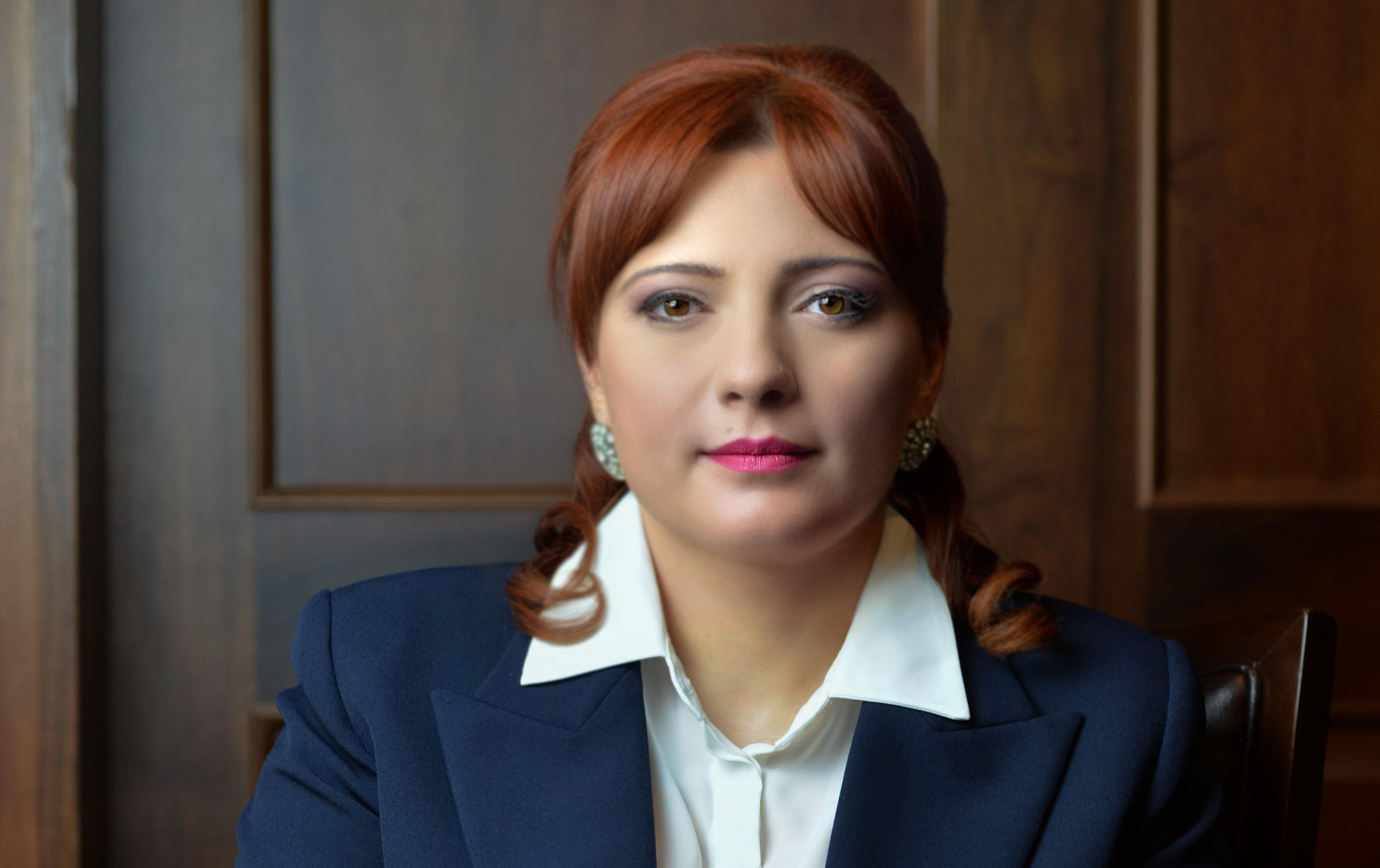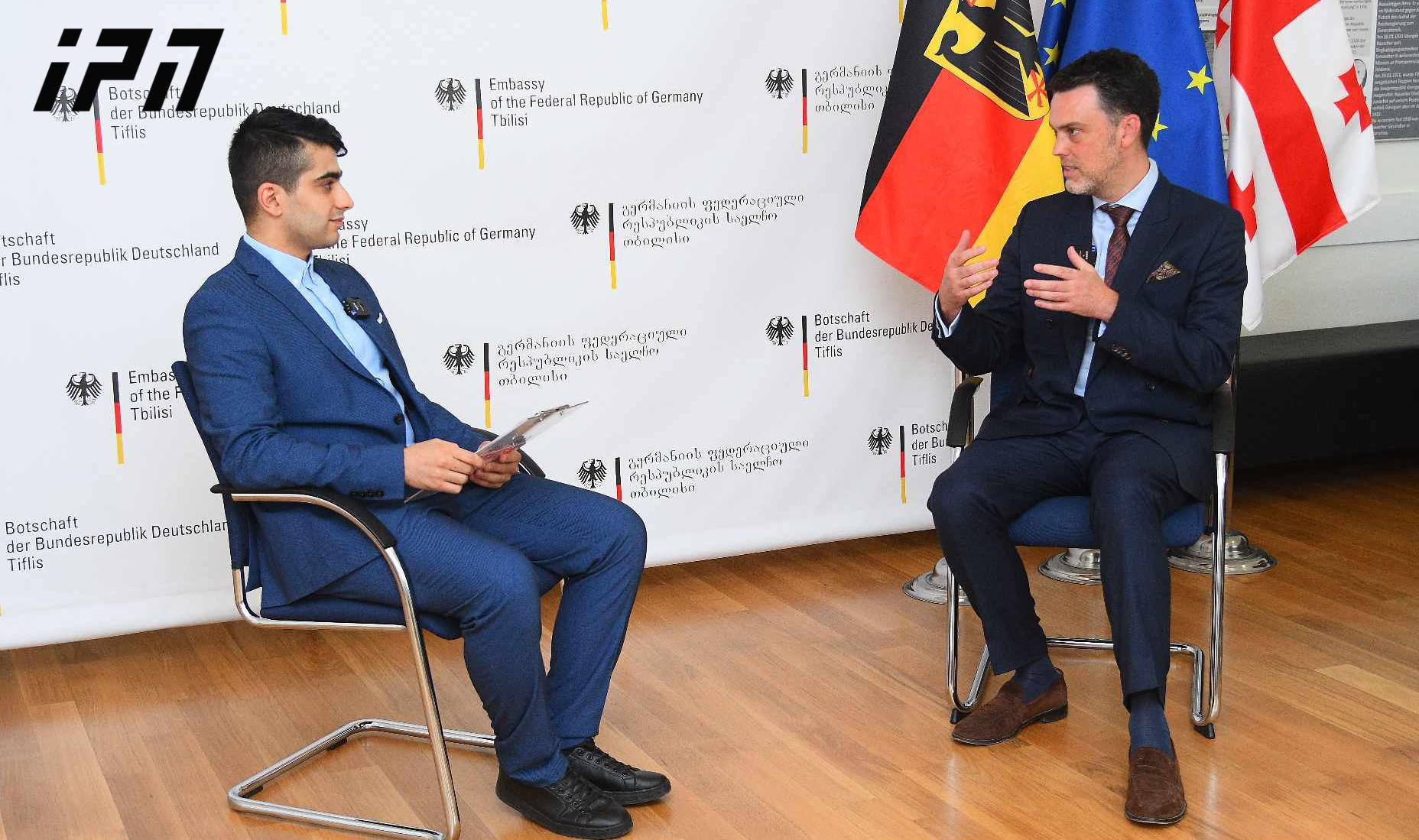Dr. Khatuna Burkadze – Georgia needs a roadmap to NATO membership without MAP

- Lithuania hosted a NATO Summit in Vilnius on 11-12 July 2023. According to the Vilnius Summit Communique, “Ukraine’s future is in NATO”.
How do you evaluate the NATO Vilnius Summit for Ukraine?
- The Vilnius Summit demonstrated that the security of Ukraine is of great importance to the North Atlantic Alliance and its partners. NATO offered Ukraine a substantial package of expanded political and practical support. This package includes three important elements. The first component considers the development of a multi-year program to ensure full interoperability between the Ukrainian forces and the NATO forces.
The second element is related to the establishment of the NATO-Ukraine Council. The inaugural meeting of the Council was held on 12 July 2023. It is a new joint body where Allies and Ukraine sit as equal members to advance political dialogue, engagement and cooperation. It will provide for joint consultations and decision-making. The Council will also serve as a crisis consultation mechanism between the Alliance and Ukraine.
The third element includes decisions on Ukraine’s Euro-Atlantic aspirations. The Allies reaffirmed the commitment which was made at the 2008 Summit in Bucharest. According to this political promise, Ukraine will become a member of NATO. 15 years later, in Vilnius, member states of NATO recognized that Ukraine’s path to full Euro-Atlantic integration has moved beyond the need for the Membership Action Plan.
Simultaneously, the Allies emphasized that Ukraine has made substantial progress on its reform path. They will continue to support and review Ukraine’s progress on interoperability as well as additional democratic and security sector reforms that are required. Within the adapted Annual National Program NATO Foreign Ministers will regularly assess progress. The Allies will be in a position to extend an invitation to Ukraine to join the Alliance when they agree and conditions are met.
-What did the NATO leaders decide for enhancing Euro-Atlantic security at the Vilnius Summit?
-The NATO leaders reaffirmed their iron-clad commitment to defend every inch of Allied territory at all times and protect one billion citizens of the North Atlantic Alliance in accordance with Article 5 of the North Atlantic Treaty.
The Allies agreed that the Russian Federation is the most significant and direct threat to Euro-Atlantic security. Russia bears full responsibility for its illegal, unjustifiable, and unprovoked war of aggression against Ukraine, which has gravely undermined international security and for which it must be held fully accountable.
According to the Vilnius Summit Communique, Russia must immediately stop this illegal war of aggression, cease its use of force against Ukraine, and completely and unconditionally withdraw all of its forces from the territory of Ukraine.
The NATO leaders support Ukraine’s inherent right to self-defense as enshrined in Article 51 of the U.N. Charter. They remain steadfast in their commitment to further step up political and practical support to Ukraine as it continues to defend its independence, sovereignty, and territorial integrity, and will continue support for as long as it takes.
The Allies approved the Alliance’s most comprehensive defense plans since the Cold War. This new generation of regional plans will improve the coherence of NATO’s collective defense planning with the Allies’ national planning of their forces, capabilities, command and control.
Deterrence and defense are at the heart of the Alliance. Because of the unpredictable nature of external threat, the Alliance is developing action plans to appropriately react in a rapidly changing security environment.
- What did Georgia get from the Vilnius Summit?
- The NATO leaders reiterated their support for the territorial integrity and sovereignty of Georgia within its internationally recognized borders. They emphasized again Georgia’s right to decide its future and foreign policy course free from outside interference. The Allies call on Russia to withdraw the forces it has stationed in Georgia, to reverse its recognition of the Abkhazia and Tskhinvali regions of Georgia, to end the militarization of these regions and to cease the human rights violations including detentions of Georgian citizens.
The Allies appreciate Georgia’s substantial contributions to NATO operations. They reaffirmed the decision made at the 2008 Bucharest Summit that Georgia will become a member of the Alliance with the Membership Action Plan (MAP) as an integral part of the process.
The Allies welcomed the progress made in implementing the enhanced Substantial NATO-Georgia Package, including Crisis Management, Cyber Security, Military Engineering, and Secure Communications. At the same time, the Vilnius Summit Communique highlighted that Georgia must make progress on reforms, including key democratic reforms, and make best use of the Annual National Program. It will advance Georgia’s Euro-Atlantic aspirations.
- In your opinion, what steps should the parties take to simplify Georgia’s Euro-Atlantic integration process?
- NATO’s next summit will be held in Washington, D.C., July 9-11, 2024, marking seventy-five years since the North Atlantic Alliance’s founding. The Washington Summit could be a significant step for Georgia’s Euro-Atlantic aspirations. We need to develop a roadmap to NATO membership without MAP by implementing important democratic reforms and enhancing strategic ties with partners.
At the same time, the development of proposals on new security measures can facilitate new practical and political decisions to strengthen Georgia’s capabilities. Because of the changed security environment, it is essential to accelerate Georgia’s integration into the North Atlantic Alliance. NATO membership is a real security guarantee. It has no alternative, especially considering that Georgia possesses all the practical tools to prepare for the eventual membership and can contribute to the security of the Euro-Atlantic area.
Interpressnews
Koba Bendeliani

